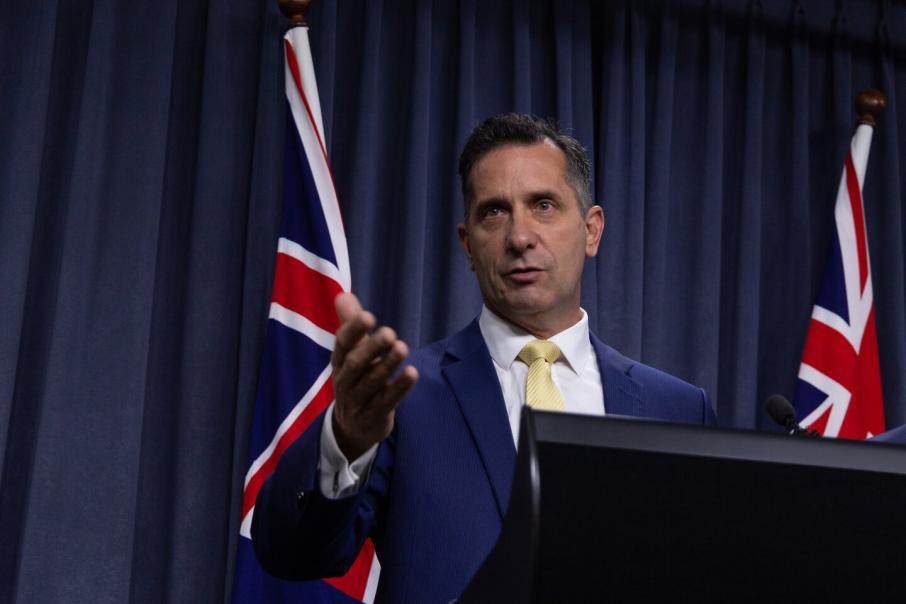
Article by Jack McGinn, courtesy of Business News.

WA Defence Industry Minister Paul Papalia has endorsed the thinking behind Gina Rinehart’s Pilbara ‘iron dome’ concept, as the state pushes for protection of its economic heartland.
Mrs Rinehart recently told a conference that the nation should invest in an Israel-style defence system – dubbed an iron dome – to protect its multi-billion-dollar resources assets from foreign attack.
Israel’s high-cost deflection system intercepts foreign missiles as they approach.
It’s a system Mrs Rinehart wants replicated in the Pilbara in protection of the national interest, among other high-tech defences.
In conversation with Business News this week, Mr Papalia did not go as far as calling for an iron dome but said the state had long advocated for a larger defence presence in the Pilbara region.
He pointed to the state’s submission to the 2023 Defence Strategic Review, where it called for greater military involvement in WA’s North West.
“Mrs Rinehart’s observations with respect to the need for more defence presence, more activity, more familiarity, I absolutely endorse,” he said.
“It echoes what we said as a state in the Defence Strategic Review.”
Mr Papalia said the defence sector was growing substantially in WA, highlighted by activity along Perth’s southern coast – fueled by Aukus’ scale up at Garden Island and defence manufacturing at Henderson.
But the minister remains disappointed by the lack of a substantial defence presence in the Pilbara, which he dubbed “the jewel in the crown” of the nation’s biggest export revenue generator.
“We didn’t call for an iron dome, but what we did talk about was that there is an essential requirement to have more presence and activity [in the region],” Mr Papalia said of the state’s DSR submission.
“That doesn’t mean you need to place a brigade in the Pilbara, but it does mean that there needs to be more combat elements of the Army and Air Force in Western Australia.
“All three services need to exercise more regularly and practice their craft in the Pilbara in particular, so that they are familiar with the area of operations where they may have to act to defend the national interest.
“Western Australia in its entirety, but a lot of it coming from the Pilbara, generates around 50 per cent of the nation’s export revenue.”
Mrs Rinehart’s call to defend the Pilbara was based on a need to keep critical infrastructure running.
Her company, Hancock Prospecting, is a major player in the region as an explorer, developer and miner of iron ore.
“It is no good having the resources in the Pilbara unless we can ship it out,” she said at The Australian’s Bush Summit.
“Hence we should have defence to keep our railways and ports open, and defend our sea lanes.
“Surrounding this vital Pilbara engine we should have the protective iron dome like the one in Israel, and war drones, and smart sea mines.”
A total 738.3 million tonnes of material was processed through the Pilbara’s ports last financial year, for a total value of $173.2 billion.














